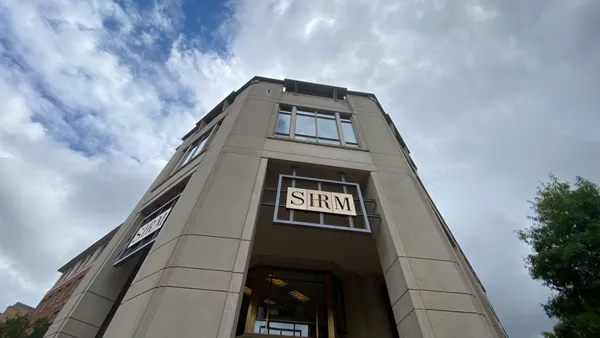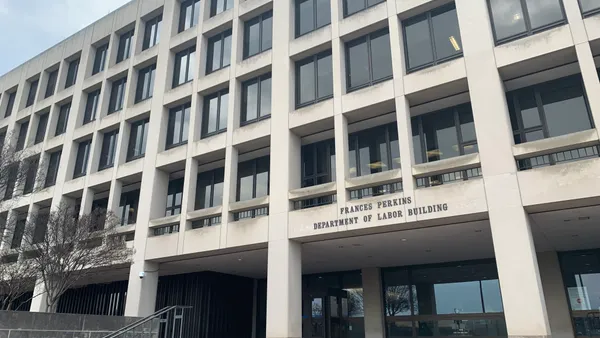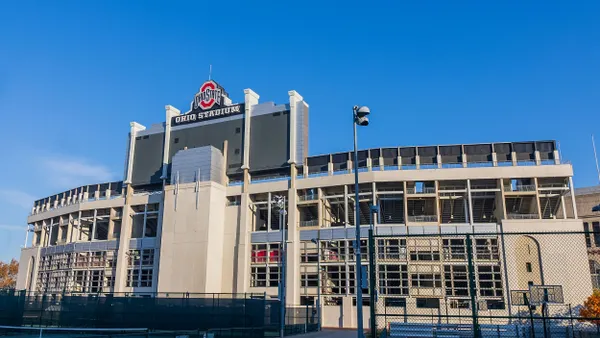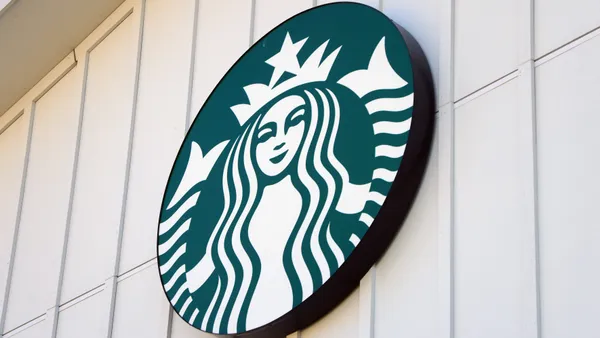Dive Brief:
-
Recent revelations that Lyft saved an estimated $126 million by not having to pay drivers in California for their expenses has added yet another angle to the major legal issue involving the on-demand economy, according to two economists who spoke to Thinkprogress.
-
They boil it down to a single issue: time measurement. Ross Eisenbrey and Larry Mishel, of the the Economic Policy Institute, told Thinkprogress that on-demand drivers are heavily monitored and do not have the liberty to do as they please between rides.
-
As a result of drivers committing to being ready during the "in-between time," they are not truly independent. If a driver doesn't respond within 15 seconds at least 80% of the time, the article notes, they can be fired by Uber.
Dive Insight:
According to the economists, Uber's allure in attracting investors was its stance that it had very low workforce costs because drivers are independent contractors. Should Uber or other on-demand companies not have their "price position" advantage, they may also lose their ability to generate profits and attract investors, the economists say.
The article draws a comparison to Amazon, which was able to avoid collecting state sales tax for a long time via exemption (though it now collects sales tax in about 30 states). Without that initial boost of discounting sales, Amazon would have had a tougher time of it in the beginning.
Thinkprogress says the sales tax issue was central to Amazon’s success, and so is the ongoing debate over labor law relative to Uber, Lyft and other on-demand companies. The article notes that the $126 million estimated reimbursement tally against Lyft (which is in dispute) is a "tip of an iceberg" situation that doesn't take into account years of back payroll taxes, overtime and minimum wage payments.













